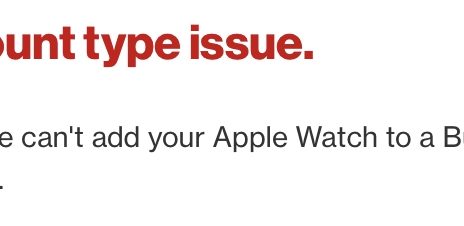Social Finance, the online lender known as SoFi that gained popularity by refinancing student loans, agreed to go public by merging with a special purpose acquisition company in a transaction that values the upstart at around $8.7 billion.
The deal between the 9-year-old San Francisco-based lender and Social Capital Hedosophia Holdings Corp. V, a blank-check company founded by former Facebook executive Chamath Palihapitiya, marks the latest example of a growing trend in which closely held firms go public by merging with a SPAC.
SoFi, which weathered a workplace sexual-harassment scandal that forced out its founder and first chief executive officer, Mike Cagney, has long been viewed as a financial-technology company destined to go public. Its early years endeared it to some federal officials in Washington who had worried about the dearth of opportunities for recent college graduates unable to refinance their expensive federal student loans even though they had well-paying jobs.
SoFi then sought to capitalize on its customer base of young, highly paid white-collar professionals — the company calls them “members” — by offering them other financial products.
“SoFi’s innovative, member-first platform has demystified financial services for millions of Americans,” Palihapitiya said Thursday in a statement. “Additionally, the acceleration of cross-buying by existing SoFi members has created a virtuous cycle of compounding growth, diversified revenue and high profitability.”
SoFi is set to generate about $1 billion of adjusted net revenue in 2021, the company said, without providing specifics.
SPACs take off
SPACs raised a record $78 billion in the U.S. last year, according to data compiled by Bloomberg, as financiers and startup founders sought a quicker way to go public than the traditionally cumbersome process of initial public offerings.
Some 1.8 million people have used a SoFi service, the company said. In October, SoFi received preliminary approval from the Office of the Comptroller of the Currency for a national bank charter, a move that if finalized would reduce its cost of funds.
The transaction is expected to provide as much as $2.4 billion in cash proceeds, which includes $1.2 billion through a private investment in public equity, or PIPE. Investors include funds managed by BlackRock Inc., T. Rowe Price Associates Inc., Coatue Management, and Healthcare of Ontario Pension Plan.
More must-read tech coverage from Fortune:
- A brief history of Bitcoin bubbles
- Commentary: Why the U.S. needs a national climate investment fund
- The biggest conspiracy theories of 2020 (and why they won’t die)
- Why Julian Assange’s victory does little to help the cause of press freedom
- Commentary: Marketers can’t predict what you’ll buy—even if they use A.I.




